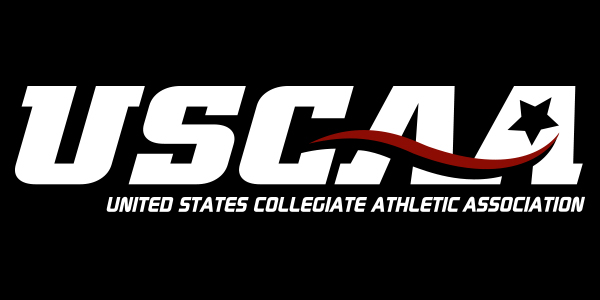Grievance Policy
A grievance is a complaint of an alleged unfair or discriminatory practice or decision by faculty, administration, or administrative staff. The central focus of a grievance is not a policy, but rather the actions of the one against whom the grievance is filed. A grievance must be supported by evidence that the unfavorable decision is in violation of institutional policy or practice, or that the person has been treated in a different way than other persons in similar circumstances have been treated. Any student wishing to file a grievance may do so by the following procedure:
1. Complete a Grievance Petition available from the Dean of Students or the Academic Dean. (Or you can submit the form electronically below)
2. Submit the Grievance Petition requesting reconsideration of the unfavorable decision to the faculty member or administrator in question. A written response must be given to the student no later than five class days after the receipt of the Grievance Petition.
3. If the student is not satisfied after step 2, the student may submit the Grievance Petition to their respective Vice President. The respective Vice President then has five class days to respond, in writing (letter or email), in hopes of bringing a resolution to the situation.
4. If the student is not satisfied after step 3 and if the Grievance Petition has not yet involved the President, the student may file the original Grievance Petition with the President. The President must respond in writing no later than five class days after receipt of the Grievance Petition. The decision of the President shall be final.
5. The aggrieved student who receives no response within five class days at any level in the grievance process may appeal to the next higher level. Those hearing the grievance at the higher level shall secure the written opinion of those who failed to respond at the lower level.
For staff or faculty grievances, please refer to the staff or faculty handbooks.
Distance Education Student Appeal Process
Students who have a complaint about instruction or grading should first refer them to the instructor. If the complaint is not resolved, then the student may refer the complaint in writing to the Academic Affairs Committee, as presented in the college catalog (Academic Information). This will usually bring about an appropriate resolution. If a student has exhausted Trinity College of Florida’s complaint procedures and remain unsatisfied, that student may consider contacting the Commission for Independent Education at
Institutional Designation and Affirmation
Distance Education students, who have completed the internal institutional grievance process and the applicable state grievance process, may appeal non-instructional complaints to the FL-SARA PRDEC Council. For additional information on the complaint process, please visit the FL-SARA Complaint Process page.



